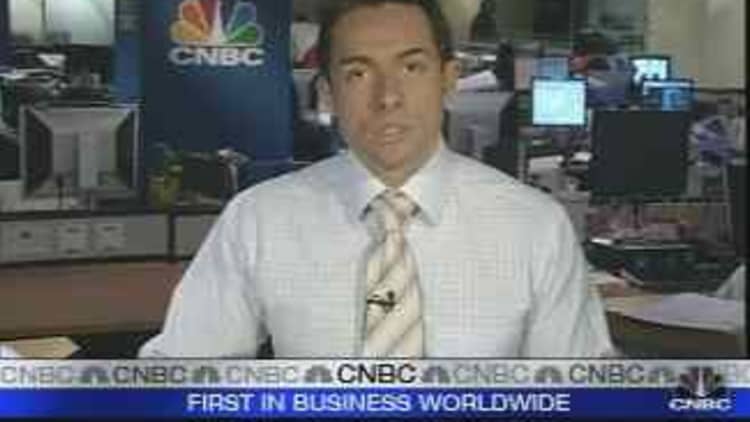South Korean February exports rose more than expected over a year before, while the trade deficit shrank sharply from January, alleviating worries a slowing global economy is denting demand for the country's products.

Exports rose 20.2 percent in February from a year earlier, past a median 16.3 percent rise forecast in a Reuters poll, while imports grew 27.3 percent over a year before against a 30.8 percent rise forecast in the poll, government data showed.
The trade deficit fell to $808 million in February from a record $3.7 billion shortfall in January, but it marked the third consecutive month that the country posted a trade shortfall -- the longest spell of monthly deficits in five years.
Economists said demand from resources-rich countries offset a slowdown in the U.S. and other advanced economies, but added that the Bank of Korea would probably cut interest rates as early as this week as the overall economic situation is weakening.
"The data showed that demand from emerging countries, especially the Middle East and Russia, where consumer sentiment is strong due to higher raw material prices, remains high," said Park Sang-hyun, chief economist at CJ Investment & Securities, noting demand from the United States was weak. "But the Bank of Korea is likely to cut interest rates this month in the face of a weakening U.S. economy."
South Korea's last spell of three consecutive monthly trade deficits was in January-March 2003.
China and the United States combined take in two-fifths of South Korea's shipments. Electronics and autos make up about 45 percent of all exports.
The figures come days before the central bank holds a monthly meeting to review interest rates on Friday. It held the benchmark rate steady at 5.0 percent for each of the past six months having raised it in seven steps since October 2005.
Bank of Korea Governor Lee Seong-tae told reporters after the last policy meeting on Feb. 13 that his bank could lower interest rates, if needed, even before indicators show Asia's fourth-largest economy is actually slowing.
The data from the Ministry of Knowledge Economy, formerly called the Ministry of Commerce, Industry and Energy, is provisional and due to be revised in the middle of this month.

